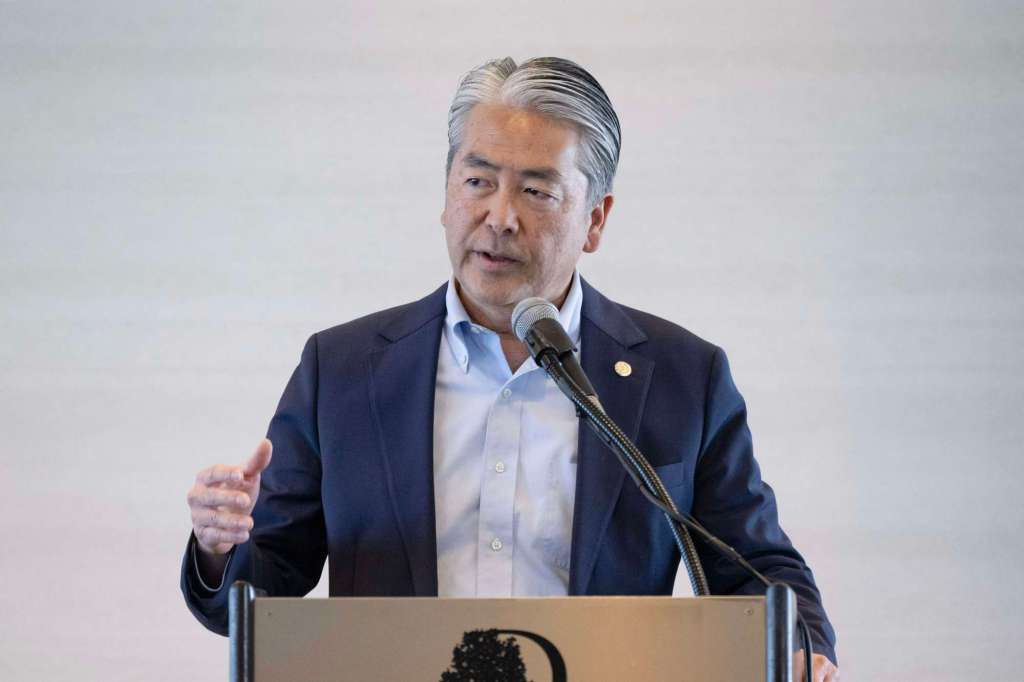
As a father of five children and a lifelong advocate for educational excellence in California, I take the well-being and future of our students personally and seriously. I have spent my career working on education policy, including running for State Superintendent of Public Instruction in 2022, because I believe every child—regardless of their zip code—deserves access to a learning environment where they can thrive.
That’s why I strenuously oppose Assembly Bill 84 by Asm. Al Muratsuchi of Torrance.
AB 84, under the guise of accountability, would restrict the growth of nonclassroom-based public charter schools. These are the schools that serve tens of thousands of students who have been failed by traditional models. These are the schools that provide lifelines for children who are bullied, suffer from chronic health issues, struggle academically, or simply learn better in environments outside of a standard classroom.
I know this because two of my kids benefited in very specific ways from an online charter option. A staff of capable teachers was able to construct a curriculum for my daughter to help her overcome speech problems that her neighborhood school was unwilling to properly address. And focusing my son’s attention on math not only allowed him to catch up to his middle school peers, but jump ahead of his freshman class soon thereafter. He graduates as the salutatorian from his traditional high school in a few weeks. I trace much of his success back to the online charter school opportunity he had a handful of years ago.
Rather than supporting students like my children, AB 84 threatens to eliminate or severely limit their access to educational options that meet their unique needs. This bill is not a solution—it’s a step backward.
In every corner of California, families are searching for educational environments that work for their children. For many, nonclassroom-based charter schools provide personalized instruction, flexible scheduling, and crucial one-on-one support. They are especially vital for students with medical conditions, mental health challenges, or difficult home lives. These schools don’t just offer curriculum—they offer hope, safety, and stability.
We must ask ourselves: Who benefits from a bill that would unfairly punish these schools with arbitrary restrictions and burdensome regulations, potentially leading to closures or enrollment caps that harm students already on the margins? Because it’s certainly not the children who are counting on us to give them a chance at success.
As someone who has worked on both statewide education policy and in partnership with schools and families, I understand the need for accountability and transparency. But AB 84 limits opportunity without improving quality.
Every parent should have the right to choose the educational path that works best for their child without having to genuflect to political agendas or yield to powerful interest groups that oppose school choice out of spite. Instead of undermining these public schools, we should be asking what we can learn from their successes, especially for students who have been overlooked or underserved elsewhere.
Policymakers should be focused on student access and outcomes, not one-size-fits-all mandates that deny families agency over their children’s futures. Warehousing our children on educational conveyor belts is not fit for our 21st century world.
At a time when California is still recovering from the academic and emotional toll of pandemic-era learning loss, this is the moment to expand educational opportunity, not restrict it. We must support the full spectrum of public school options, including nonclassroom-based charter schools that are helping students get back on track.
I urge lawmakers to reject AB 84 and stand with families, students, and educators who believe in putting children first. Our most vulnerable students deserve better—and we have a responsibility to provide them with the support and opportunities they need to succeed.
Lance Christensen is the Vice President of Government Affairs and Education Policy at California Policy Center.



